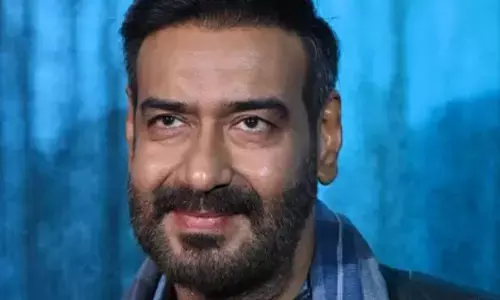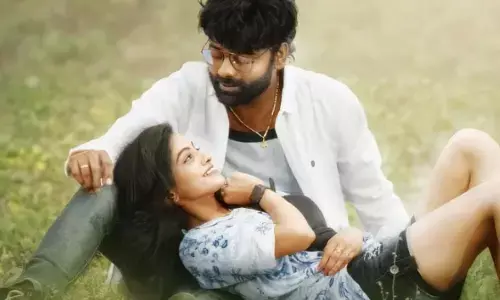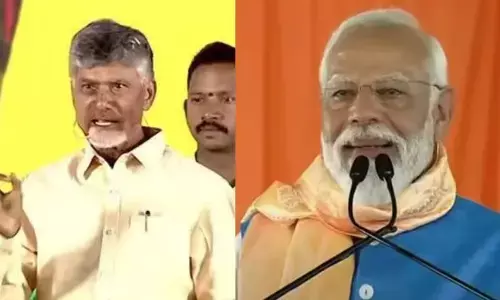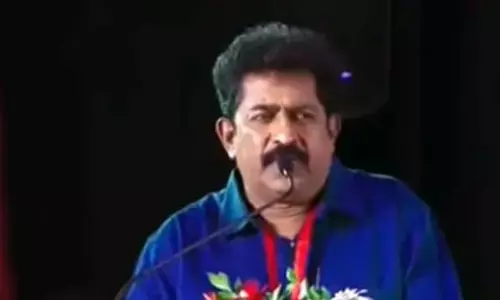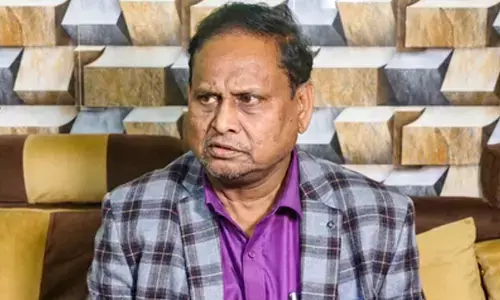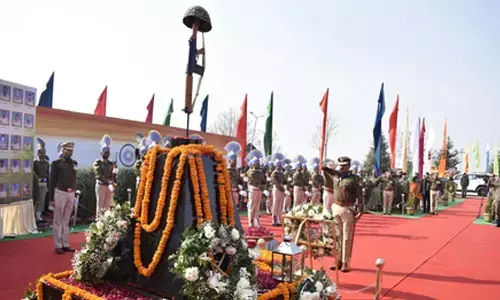Tread with caution on digital media

Tread with caution on digital media
Amidst growing concerns around lack of transparency, accountability and rights of users related to digital media and after elaborate consultation with the public and stakeholders, the Information Technology (Intermediary Guidelines and Digital Media Ethics Code) Rules 2021 has been framed in exercise of powers under Section 87 (2) of the Information Technology Act, 2000 and in supersession of the earlier Information Technology (Intermediary Guidelines) Rules 2011
Amidst growing concerns around lack of transparency, accountability and rights of users related to digital media and after elaborate consultation with the public and stakeholders, the Information Technology (Intermediary Guidelines and Digital Media Ethics Code) Rules 2021 has been framed in exercise of powers under Section 87 (2) of the Information Technology Act, 2000 and in supersession of the earlier Information Technology (Intermediary Guidelines) Rules 2011.
While finalising these Rules, both the Ministries of Electronics and Information Technology and Ministry of Information and Broadcasting reportedly undertook elaborate consultations among themselves in order to have a harmonious, soft-touch oversight mechanism in relation to social media platforms as well as digital media and OTT platforms etc. Part- II of these Rules shall be administered by the Ministry of Electronics and IT, while Part-III relating to Code of Ethics and procedure and safeguard.
However, already apprehensions are being aired about the intentions of the government. A section of people has started raising concerns over the control that the government wants to wield over free speech and related Rights. The Digital India programme has now become a movement which is empowering common Indians with the power of technology. The extensive spread of mobile phones, Internet etc. has also enabled many social media platforms to expand their footprints in India. Common people are also using these platforms in a very significant way.
Some portals, which publish analysis about social media platforms and which have not been disputed, have reported the following numbers as user base of major social media platforms in India: WhatsApp users: 53 Crore, YouTube users: 44.8 Crore, Facebook users: 41 Crore, Instagram users: 21 Crore and Twitter users: 1.75 Crore. These social platforms have enabled common Indians to show their creativity, ask questions, be informed and freely share their views, including criticism of the Government and its functionaries.
The Government says it acknowledges and respects the right of every Indian to criticize and disagree as an essential element of democracy. India is the world's largest open Internet society and the Government welcomes social media companies to operate in India, do business and also earn profits. However, they will have to be accountable to the Constitution and laws of India.
But the curbs imposed on social media platforms and on individuals at various intervals and over controversies have become major concerns of the country now. Disha Ravi case is the latest in which it is alleged that the authorities have crossed the line. In the past too, oversensitive governments imposed curbs on people and jailed those questioning the government. Proliferation of social media, on one hand empowers the citizens then on the other hand gives rise to some serious concerns and consequences which have grown manifold in recent years.
However, all these should not lead to the harassment of well-meaning citizens in the name of additional safeguards. No doubt, a check is needed on the persistent spread of fake news. Over the years, the increasing instances of misuse of social media by criminals, anti-national elements have brought new challenges for law enforcement agencies. As stated, if the government keeps its words in protecting the fundamental rights while being vigilant over the misuse it would be alright.



